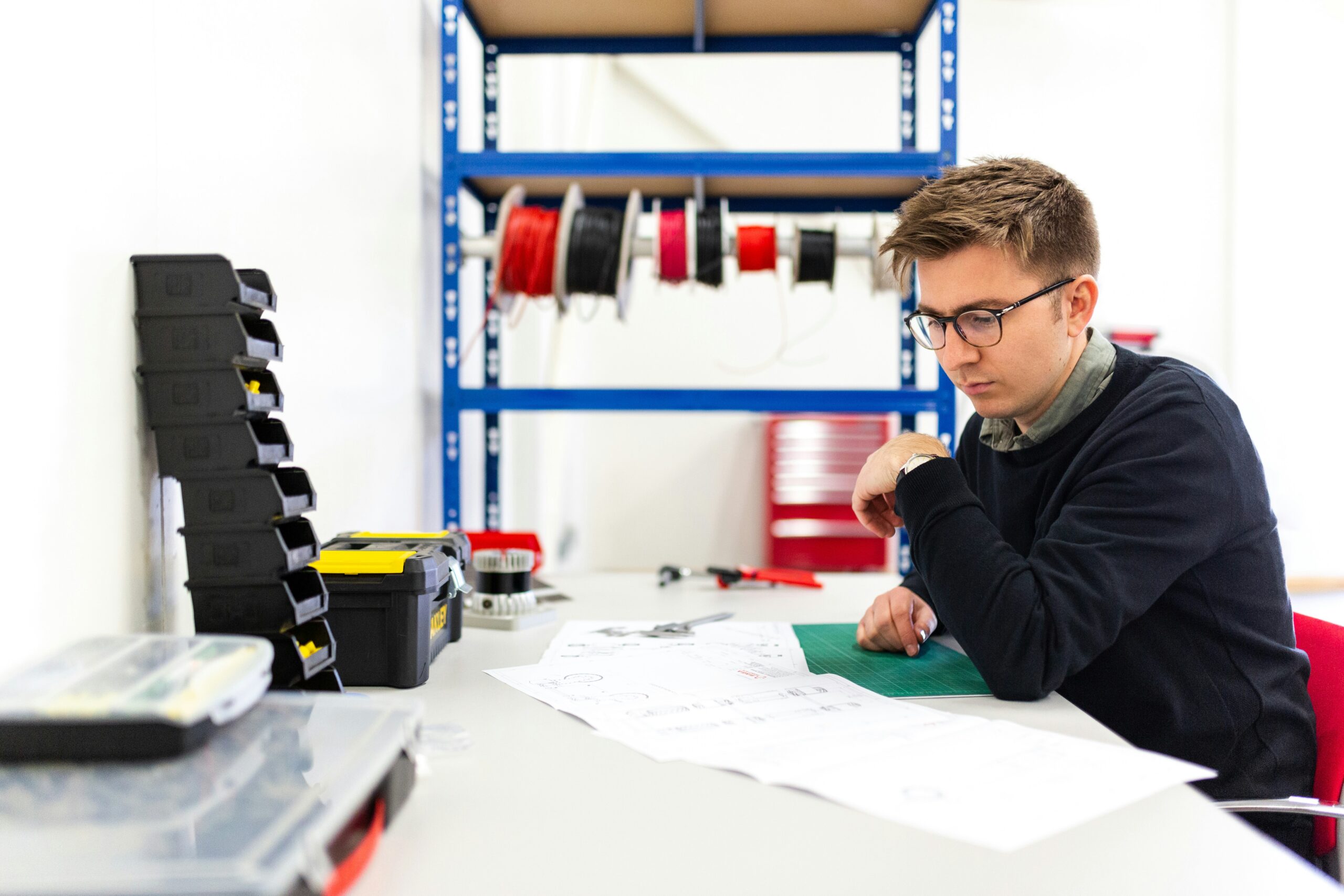
Emphasizing the Importance of Emotional Intelligence and Interpersonal Skills in Education
In recent years, the focus of education has extended beyond academic achievement to encompass the holistic development of students. A pivotal element of this shift is the integration of Social-Emotional Learning (SEL) into educational curricula. SEL emphasizes the importance of emotional intelligence and interpersonal skills, aiming to foster a well-rounded development that prepares students for both personal and professional success. This article explores the significance of SEL, its components, benefits, implementation strategies, and challenges, underscoring why emotional intelligence and interpersonal skills are crucial in modern education.
Understanding Social-Emotional Learning (SEL)
Social-Emotional Learning (SEL) is an educational framework that integrates the development of emotional intelligence and interpersonal skills into the school curriculum. The Collaborative for Academic, Social, and Emotional Learning (CASEL), a leading organization in the field, defines SEL as the process through which individuals acquire and effectively apply the knowledge, attitudes, and skills necessary to understand and manage emotions, set and achieve positive goals, feel and show empathy for others, establish and maintain positive relationships, and make responsible decisions.

Components of SEL
CASEL identifies five core competencies that form the foundation of SEL:
- Self-Awareness: The ability to recognize one’s emotions, thoughts, and values and understand how they influence behavior. This includes accurately assessing one’s strengths and limitations and possessing a well-grounded sense of confidence and optimism.
- Self-Management: The ability to regulate one’s emotions, thoughts, and behaviors effectively in different situations. This includes managing stress, controlling impulses, and motivating oneself to set and achieve goals.
- Social Awareness: The ability to take the perspective of and empathize with others from diverse backgrounds and cultures. This includes understanding social and ethical norms for behavior and recognizing family, school, and community resources and supports.
- Relationship Skills: The ability to establish and maintain healthy and rewarding relationships with diverse individuals and groups. This includes communicating clearly, listening actively, cooperating, resisting inappropriate social pressure, negotiating conflict constructively, and seeking and offering help when needed.
- Responsible Decision-Making: The ability to make constructive and respectful choices about personal behavior and social interactions. This includes considering ethical standards, safety concerns, social norms, the realistic evaluation of consequences of various actions, and the well-being of oneself and others.
The Importance of SEL in Education
The inclusion of SEL in education is driven by the recognition that emotional intelligence and interpersonal skills are critical to students’ overall development and success. Here are some key reasons why SEL is important:
- Academic Success: Research has shown that SEL programs can lead to improved academic performance. By fostering a positive learning environment and equipping students with skills like self-regulation and perseverance, SEL helps students engage more effectively with their academic work.
- Mental Health and Well-being: SEL promotes mental health by helping students manage their emotions, build resilience, and develop a positive self-image. It provides tools for coping with stress, anxiety, and depression, contributing to overall well-being.
- Positive Behavior: SEL encourages pro-social behavior and reduces conduct problems, aggression, and emotional distress. Students learn to resolve conflicts, make responsible decisions, and build positive relationships, leading to a safer and more inclusive school environment.
- Career Readiness: Emotional intelligence and interpersonal skills are highly valued in the workplace. SEL prepares students for future careers by developing skills such as teamwork, communication, problem-solving, and adaptability, which are essential in a rapidly changing job market.
- Civic Engagement: SEL fosters a sense of empathy, social responsibility, and community engagement. Students who develop strong social-emotional skills are more likely to contribute positively to society and engage in civic activities.
Implementing SEL in Schools
Effective implementation of SEL requires a comprehensive and systemic approach. Here are some strategies for integrating SEL into schools:
- School-Wide Policies and Practices: Establishing a school culture that prioritizes SEL is crucial. This includes creating policies that promote a safe and supportive environment, integrating SEL into the school’s mission and values, and providing professional development for staff.
- Curriculum Integration: SEL should be embedded into the existing curriculum rather than being treated as an add-on. This can be done through dedicated SEL lessons as well as integrating SEL principles into academic subjects and daily classroom activities.
- Training and Support for Educators: Teachers and staff need ongoing training and support to effectively teach and model SEL skills. Professional development should focus on building educators’ own social-emotional competencies and equipping them with strategies to integrate SEL into their teaching.
- Family and Community Engagement: Engaging families and the community in SEL efforts enhances the impact. Schools can provide resources and training for parents, create partnerships with community organizations, and involve families in SEL activities.
- Assessment and Evaluation: Regular assessment and evaluation of SEL programs are important for measuring progress and making necessary adjustments. This includes using both qualitative and quantitative measures to assess students’ social-emotional competencies and the overall school climate.
Challenges and Considerations
While the benefits of SEL are well-documented, there are challenges to its implementation that need to be addressed:
- Resource Constraints: Implementing SEL programs can require significant resources, including time, money, and trained personnel. Schools with limited resources may find it challenging to integrate SEL effectively.
- Consistency and Fidelity: Ensuring consistency and fidelity in the implementation of SEL programs is crucial. This requires ongoing training, support, and monitoring to ensure that SEL is being implemented as intended.
- Cultural Relevance: SEL programs must be culturally relevant and responsive to the diverse backgrounds and experiences of students. This involves tailoring programs to meet the needs of different communities and ensuring that all students feel represented and included.
- Resistance to Change: There can be resistance to the integration of SEL from various stakeholders, including educators, parents, and policymakers. Addressing misconceptions about SEL and demonstrating its benefits through evidence-based practices can help overcome resistance.
- Sustaining Efforts: Sustaining SEL initiatives over the long term can be challenging, especially with changing leadership and priorities. Building a strong foundation and institutionalizing SEL practices can help ensure sustainability.

Conclusion
Social-Emotional Learning (SEL) is a transformative approach that emphasizes the importance of emotional intelligence and interpersonal skills in education. By fostering self-awareness, self-management, social awareness, relationship skills, and responsible decision-making, SEL equips students with the tools they need for success in school and life. The integration of SEL into education not only enhances academic performance but also promotes mental health, positive behavior, career readiness, and civic engagement. Despite the challenges, the benefits of SEL make it a critical component of modern education, preparing students to navigate the complexities of the world with resilience, empathy, and competence. As we continue to prioritize the holistic development of students, SEL will play an essential role in shaping the future of education and society.



